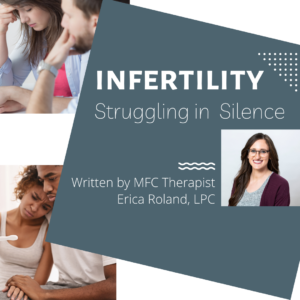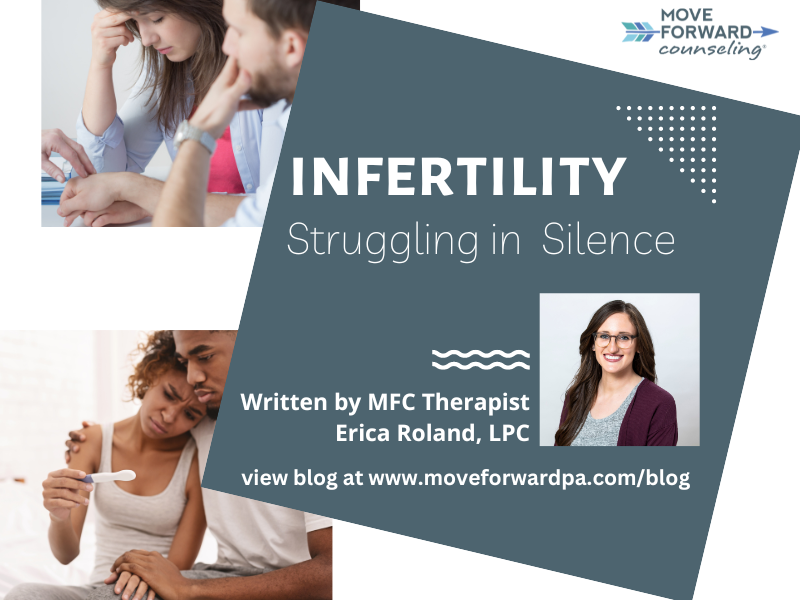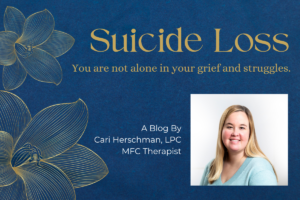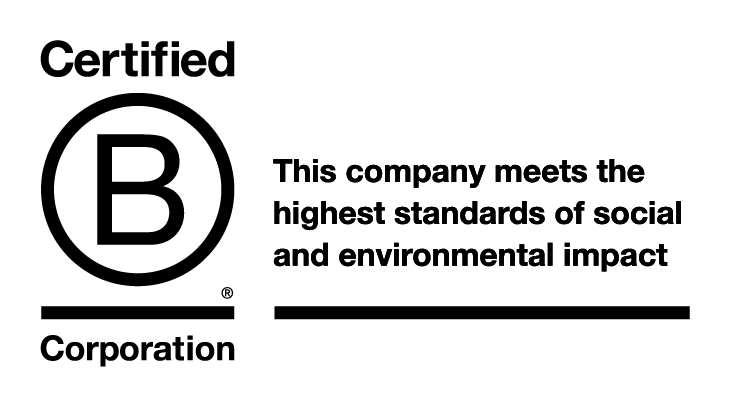Infertility: Struggling in Silence
An Editorial Article by Erica Roland, LPC
Expectations & Infertility
Many women grow up with expectations of building a family when they are ready, without ever considering the challenges they could face in doing so. The option of struggling is rarely presented as a possibility. We believe it is a part of adulthood to become parents if we choose to be; however, some women do not have the option even when they decide to be a parent.
Infertility is defined as being unable to conceive after trying for one year or six months in women 35 years of age or older. Women who can become pregnant but cannot stay pregnant are also included in this category. According to the CDC, unfortunately, this impacts about 10% of women ages 15-44.
With other women becoming pregnant around us, some seemingly easily, it can cause feelings of sadness, anxiety, anger, disappointment, shame, guilt, and loneliness. Most women choose not to share their stories while actively on this journey due to the deep level of vulnerability experienced. When others can do something “easily” that we “should” be able to do naturally, it becomes a game of comparison to the other women. These comparisons perpetuate the self-blame, shame, and guilt cycle and keep women isolated and alone. This can lead to struggling with depression and anxiety disorders if not managed. Infertility also takes a toll on romantic relationships, and it is important to discuss the impact of this challenge on your relationship.
The Impact of Infertility
Since this issue impacts so many people, it is important to allow these women/couples to feel more supported and open to discussing their journey. Many people do not know what to say to people struggling with infertility, and they say things that can unintentionally minimize their pain and suffering, such as, “It will happen soon enough.” “You just need to be positive.” “You can keep trying for another!” These individuals do not need a false sense of hope or advice on what to do next. They need to be heard, given space to process and feel the grief, and have their feelings acknowledged.
We can support the struggle by validating their emotional distress and asking what we can do to help. We can stop asking when someone is going to get pregnant/if they are currently pregnant, and whether someone is undergoing infertility treatment. This causes unnecessary guilt to the mother struggling to conceive. It is also important to be aware that the women in our lives struggling with infertility may become triggered at events involving children/pregnancy, such as baby showers, birthday parties for kids, and pregnancy announcements/gender reveals. We can be mindful of how this may impact a person and be empathetic if they cannot feel comfortable attending.
Infertility Counseling Can Help
Seeking mental health therapy is an option for anyone dealing with infertility to process the big emotions of this major life challenge. Infertility therapy can provide a space to feel and process the emotional distress, learn coping strategies and skills to manage anxiety and depression, and restructure how we think that could contribute to worsening symptoms and self-blame/guilt. There are also free online support groups through Postpartum Support International facilitated by licensed counselors trained to support women/couples in learning to cope. There are resources for individuals and couples struggling silently while on this journey!
Scheduling Infertility Counseling
To schedule therapy with Erica Roland or another MFC therapist specializing in Infertility Counseling, please contact us or call 717-462-7003 x 1.


























